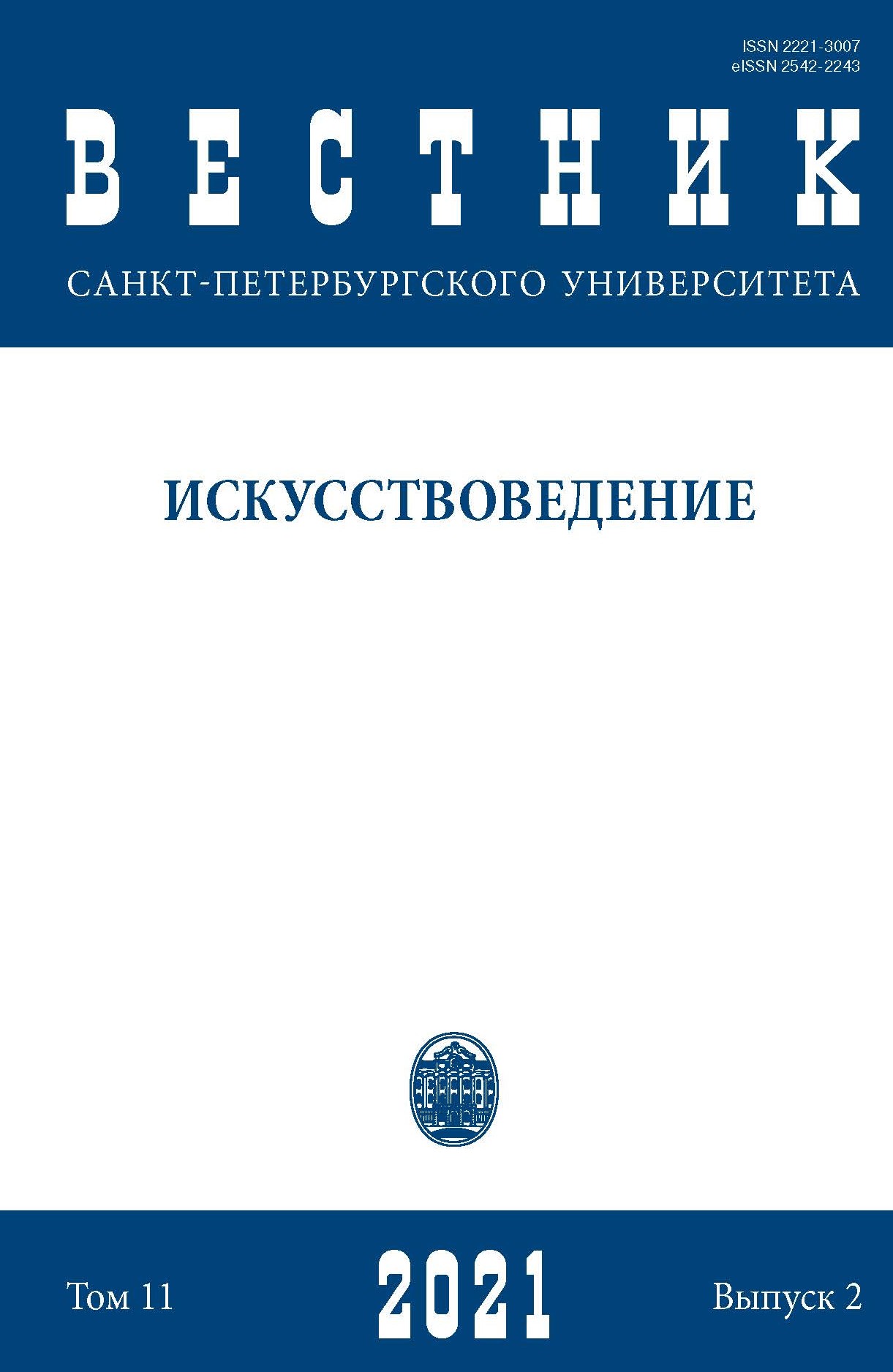Once Again about Simulation of Scientific Activity in the Humanities
DOI:
https://doi.org/10.21638/spbu15.2021.209Abstract
This work is inspired by the article “Local Humanities and Education in Front of the Third Millennium Challenges” by B.G. Sokolov. He discussed the “local challenges” generated by “integration” and “optimization” that have nothing to do with the scientific process, and about simulation actions as the expected response to these challenges. The author considers typical ways of simulating the scientific process, leading to an increase in the quantitative parameters of reports, but not contributing to an increase in scientific knowledge (artificial increase in publication activity; defense of frankly weak qualifying works, including dissertations; imitation pseudoscientific conferences; “omnivorous” paid journals; blurring the lines between genres of work in pursuit of funding). The proliferation of simulation mechanisms that do not contradict normative documents testifies to the loss of the qualitative criteria necessary for the self-preservation of science. The use of regulatory instruments provided for by the current bureaucratic acts is also formal, and often overtly simulated. In fact, many of the identified “challenges” are not “local”, inherent exclusively to Russian science. In addition, as the practice of recent years shows, the problems and consequences of the simulation of scientific work are well understood by domestic scientists who are trying to draw attention to anomalies and develop mechanisms to counter their manifestations (activity of Dissernet and ASEP), which indicates the existence of an “initiative from below”. The author believes that the activity of the professional community of art historians and critics can become a model in restoring regulatory mechanisms for the humanities. The criteria for the quality of scientific work and traditions of criticism that have survived in this community will not replace the imposed quantitative parameters, but can reduce the reputation losses of the Russian humanitarian science.
Keywords:
humanities, art history, simulation, scientometrics, self-preservation, Dissernet, “predatory journals”
Downloads
References
Downloads
Published
How to Cite
Issue
Section
License
Articles of "Vestnik of Saint Petersburg University. Arts" are open access distributed under the terms of the License Agreement with Saint Petersburg State University, which permits to the authors unrestricted distribution and self-archiving free of charge.






